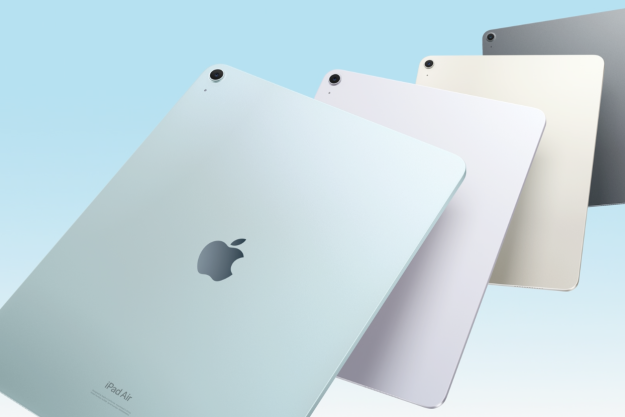
For years, Nokia and Qualcomm have been engaged in a series of international legal battles over key mobile technology patents covering everything from CDMA and GSM to UMTS, HSDPA, and Wi-Max. The companies have filed suit against each other in multiple countries, sought to have each other’s products banned from markets, and sparred over licensing terms, royalties, and other terms. The battle has been long and ugly, and was just punctuated earlier this week with a German court finding a Qualcomm patent on GSM technology is invalid.
Now, the firms seem to have realized the protracted litigation has been hurting their markets and creating uncertainty amongst their partners, so they have beaten out a deal that will end all litigation between the two companies in the U.S., Europe, and Asia, and even has Nokia withdrawing its 2005 complaint against Qualcomm that it put before the European Commission.
“We believe that this agreement is positive for the industry, enabling the market to benefit from innovation and new technologies,” said Nokia CEO Olli-Pekka Kallasvuo, in a statement. “The positive financial impact of this agreement is within Nokia’s original expectations and fully reflects our leading intellectual property and market positions.”
Under the deal, Nokia gets a 15-year license to a broad swath of Qualcomm patents; Nokia will pay Qualcomm an undisclosed up-front amount as well as ongoing royalties for the technology. Nokia, in turn, is assigning ownership of a number of its own patents to Qualcomm, including patents at the heart of WCDMA, GSM, and OFDMA technologies. The specific terms of the deal are being kept confidential.
Qualcomm earns well over half its profits from licensing technology patents to other companies; much of the company’s remaining revenue comes from making mobile chipsets.
The agreement comes as a Wilmington, Delaware judge delayed the opening of a trial in which Nokia was suing Qualcomm for unfair licensing practices.

